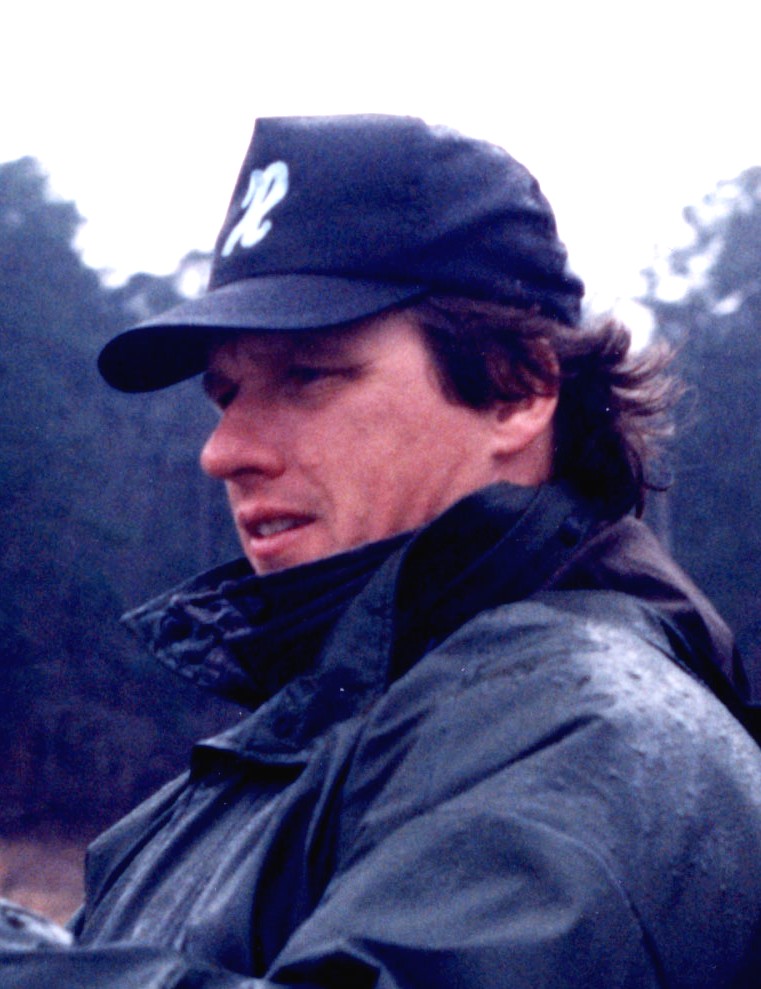Performance Psychology and Tournament Fishing: Observational learning and modeling

Self-improvement
Chapter Twelve: Observational learning and modeling
Over this past year we have illustrated and discussed several ways in which you, the competitive fisherman, can improve. We have focused on processes by which people learn new information or expand existing skill sets. This month we will explore familiar, yet underutilized, methods of skill enhancement: using role models and learning through direct observation.
Role models
In one form or another, role models have played important parts in all our lives. Parents, extended family, parents of friends, teachers, coaches and other influential adults have, in small as well as dramatic ways, molded and shaped us. Often we were influenced most by what people did, rather than by what they said or told us to do. Dad’s support when we struggled, mother’s relentless work ethic or Coach Smith’s unfailing confidence that we could succeed are illustrations of role models influencing attitudes and behavior.
As adults, we can still find a place for role models who exemplify and support the principles and ideals we hold true. In our sport, we have seen professional fishermen struggle to reconcile competing sponsor commitments. A few individuals have taken potentially career-threatening stands when corporate expectations conflict with personal values. To paraphrase the singer/songwriter Ann Reed, role models serve to clear the path or light the flame, and we never outgrow our need for this type of person. Such people can serve as sources of inspiration, in addition to whatever religious or philosophical convictions we have. Find and cherish individuals who reflect and model your values.
Behavior models
Besides modeling values and principles, individuals we admire can also indirectly help us learn specific skills. When it comes to observing the techniques of others, however, we often overlook more information than we absorb.
Most of us have watched videotapes of professional fishermen. You, for example, may have a complete library of Clark Wendlandt’s sight-fishing performances on Beaver Lake. However, most people watching these programs look for and notice two things: location and type of bait. The commentator likely named the creek where Clark caught that last 2-pounder, and I’ll wager you spent hours searching catalogs until you found the exact tube bait he was using.
However, there is also subtle or hidden information in these films you may have overlooked. Some years back a golfing friend and I were watching a Jimmy Houston videotape. The bottom of the video picture was about midchest on Jimmy as he chatted away, working a spinner bait through a series of fallen trees. After several minutes my friend said, “Why isn’t he fishing? You never see him cast.” Just at that moment, the camera backed up and there was Jimmy perfectly executing precise underhand roll casts. To my friend, who was used to two-handed, over-the-shoulder casting, this was a startling revelation. Being a golfer, he intently studied Jimmy’s hands and noticed things about how he moved his wrists.
This led me to go back and review other videotapes I had, focusing exclusively on the professional angler’s hands. Try this yourself, and you will be amazed at what you notice. You can also focus your attention more specifically on other dimensions of your favorite pro. Watch the fisherman’s eyes. Where is he looking when he casts? How does he watch his line? You might think you are not very good at seeing jig bites, for example. So watch a pitching expert like Denny Brauer or Gary Klein until you can see the subtle line twitches they notice.
In your Performance Psychology and Tournament Fishing notebook, you could write down several specific dimensions you want to monitor as you observe your favorite pro on film. Watch for retrieve style and speed. Notice how experts differentially set the hook on spinner-bait fish, worm fish, jig fish or with crankbaits. It is a great mental exercise to alertly observe someone else and experience the world from his perspective.
In-person observations
In the end, there is no better way to learn a specific skill than to sit at the feet of a master or two. I wasn’t particularly interested in becoming a competitive fisherman when I joined that draw-for-partner tournament circuit several years ago. I just wanted to be able to catch bass with some consistency, and so I used the wisdom of modeling psychology to surround myself with people I assumed knew what they were doing.
I was lucky beyond my wildest expectations. With models like Brad, David, Denny, Loel and Randy, I eventually learned how to pick bass structure apart, efficiently manage my time on the water and make good decisions. You can do the same. Ask an expert to let you practice with him for the next tournament. Follow a pro (not too closely!) during an FLW event. Make a list beforehand of what you want to observe, and then keep your eyes, ears and mind open.
This column on observational learning and modeling concludes the final section of the first year of the Performance Psychology and Tournament Fishing column. I would like to express my sincere appreciation to FLW Outdoors for making this article series come to life. Thanks also to the dedicated anglers who read these columns and responded with helpful ideas and suggestions. Please continue to offer your comments, questions and ideas.
Next month we will start our second year. In February we will present an outline that will build on and refine the concepts we discussed in the first 12 chapters. Good fishing in 2004!
Jay T. McNamara, Ph.D., L.P., is a psychologist, who is also an avid bass and walleye angler. With more than 25 years of professional experience complemented by participation in competitive fishing at local and national levels, he is uniquely qualified to illustrate how performance psychology principles apply to tournament fishing.